Our office recently participated in the David Suzuki Foundation’s 30×30 Challenge. As a group of nature-loving environmental advocates, this was a ‘no-brainer’. It should be easy, right? Especially when we have the luxury of being employed at a workplace which actively encourages ‘work/life balance,’ and affords us a high amount of trust and flexibility in managing our weekly schedules.
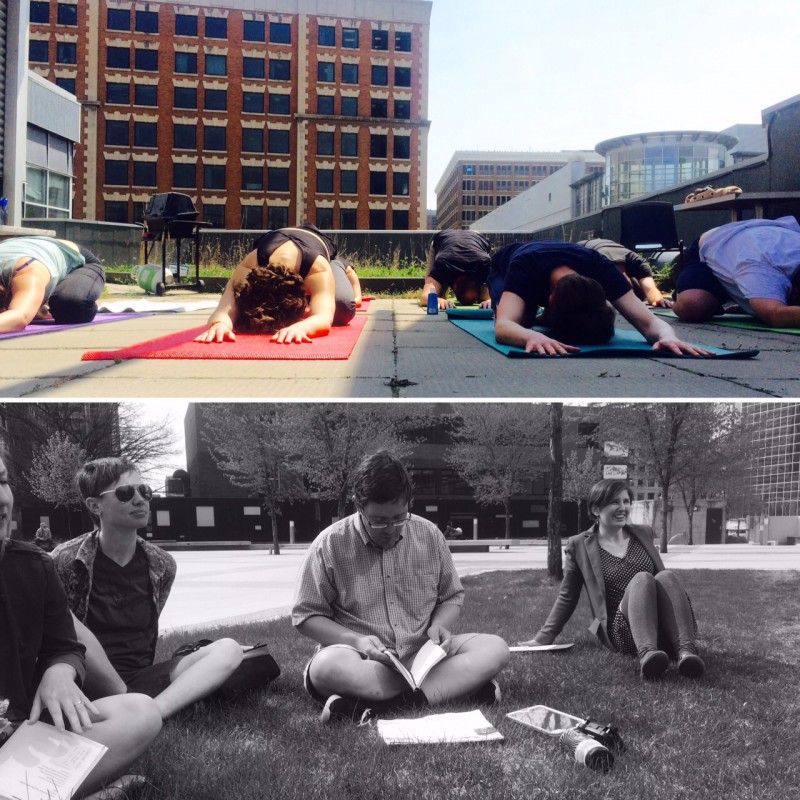
It was fun! We tried a number of different things. We held one of our staff meetings outdoors, at the Millenium Library. We held yoga classes on the roof. We went for walks and bike rides together. It was a great experience, for certain. Yet even from our relatively privileged standpoint, there were challenges making time for nature. Even more so, making time for it together. We had plans to do bike counts and test our air quality monitoring equipment together, but our schedules and other time commitments didn’t allow for it. The weather didn’t always cooperate with our plans. We made time as best we could, but also had to face the reality that many days required us to make time for nature before or after our work day – and we’re only talking 30 minutes! It was a striking and humbling reminder of our collective disconnect from the natural world – of why 30 minutes of nature a day, every day, IS a challenge. The demands of work, as currently defined, necessitate hours spent on computers or smartphones, spreadsheets and workplans, social media and policy research. For every ecological ‘victory’ we contribute to, countless hours are spent poring over screens and documents. For every lasting change in our habits of consumption, hundreds of tweets, and posts, and emails… oh, the emails!
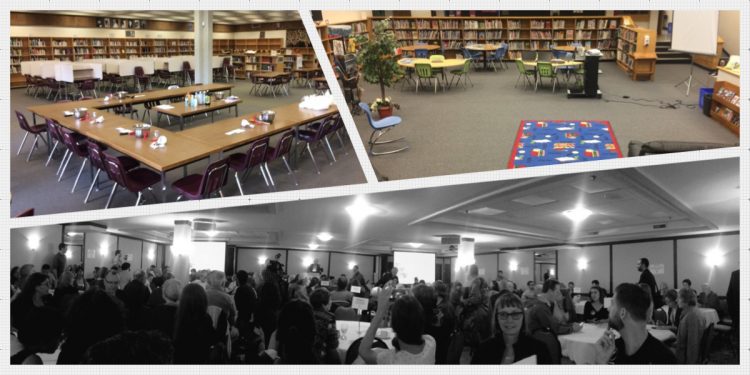
Even when we leave our office, and revel in providing environmental education to communities in Manitoba, certain limitations of our work are evident. We give A LOT of presentations indoors, to groups of students and organizations faced with exactly the same challenges we face. Our waste reduction programs thankfully necessitate an intimate connection to compost, decomposition and decay (which can be a deeply humbling experience, if you want it to be), but we also spend a lot of time encouraging source-separation and proper recycling habits. In the world of environmental advocacy, we often find ourselves sacrificing our own desired habits in pursuit of mitigating our collective environmental impact. It is a fine balance. Thankfully, we are working to change this – there are ‘nature school’ initiatives gaining popularity here in Winnipeg, and around the world. We couldn’t be more excited to witness and contribute to the success of programs like these.
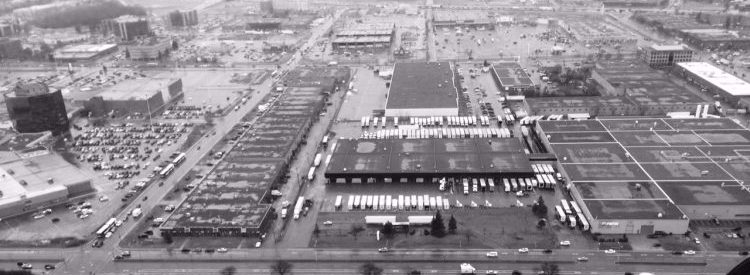
When we are honest with ourselves, we see that the reality for most urban dwellers is that we live in a fractured ecology, often without access to nearby greenspaces, while the greenspaces we can access are rarely pristine examples of functional, natural systems. Our rivers and streams are often shunted underground, our plants imported or invasive (valued primarily for their aesthetics), our water a taken-for-granted commodity. Our cities – at least here in North America – have been built for cars, and highways trump riverbanks in questions of economic investment. Even when we want to ‘live green, and live well,’ our infrastructure limits our opportunities. And the less economic privilege we enjoy, the less is our ability to escape the limits of urban environments for something ‘more natural’.
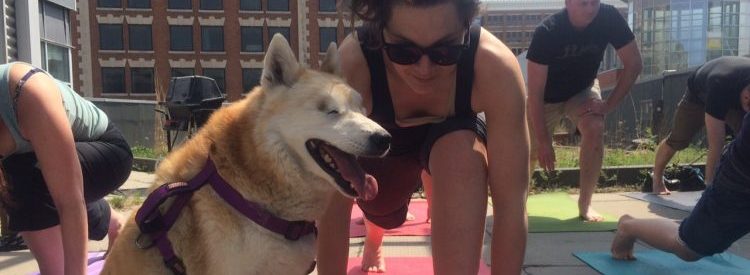
In addition to these systemic challenges to living a life of deep stewardship and care, we also come to our work with commitments, obligations and aspirations from other parts of our lives. We have families, friends and relationships that take time and care. Sometimes,we are able to blend those facets of our life into our work – like when Trish and Mel, her owner, commute to work together (and everywhere else!). When we can spend our working days confronting issues of genuine interest to us as individuals, we can reduce the cognitive dissonance we might otherwise feel if we sought each day to escape our workplace’s mission. This makes challenges much easier to tackle together.
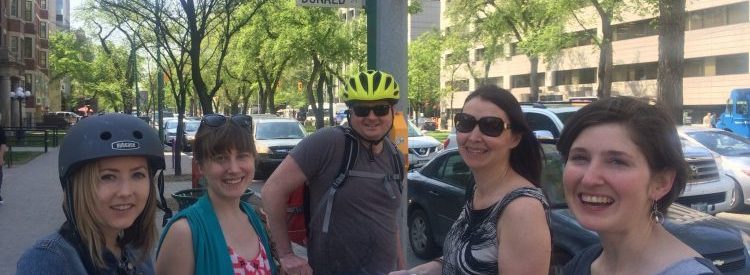
As we work towards a culture of stewardship and care, we will have to take into account all of these topics, and more. It can be daunting some days, and we benefit from having supportive communities, workplaces, and governing bodies in place. We need a sense of humour, and a healthy sense of play. Surround yourself with people who challenge and support you, and wherever you can, slow down!
You’ll be surprised what you notice, in yourself and in the world.
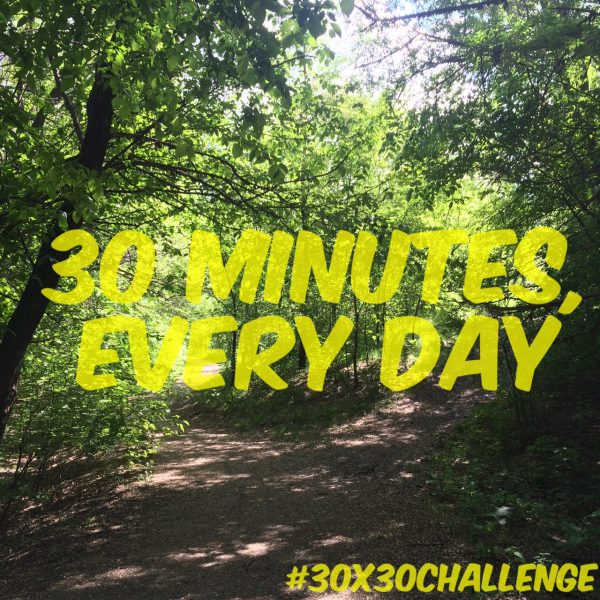

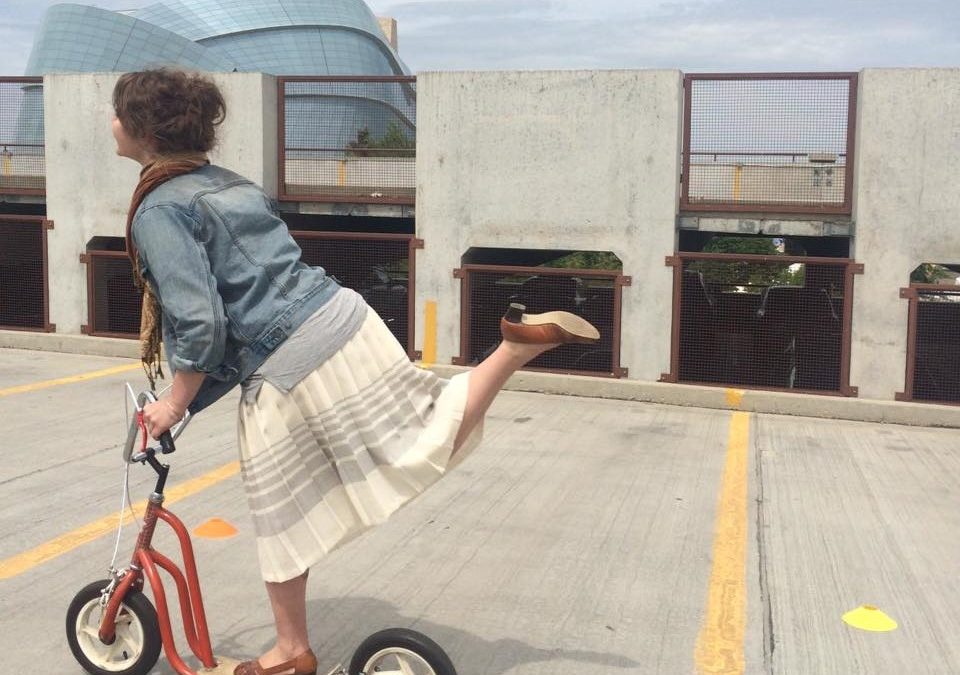


Recent Comments